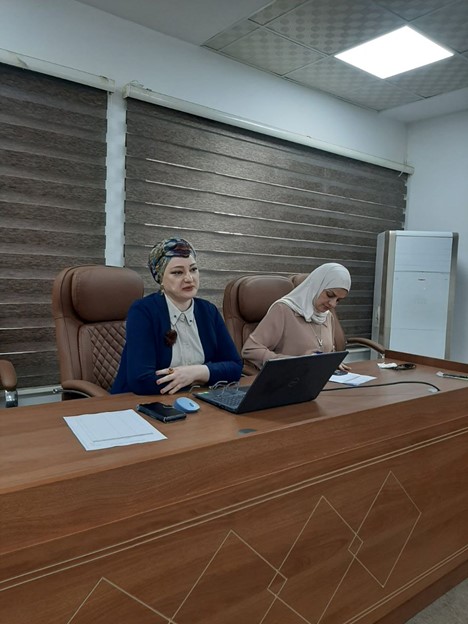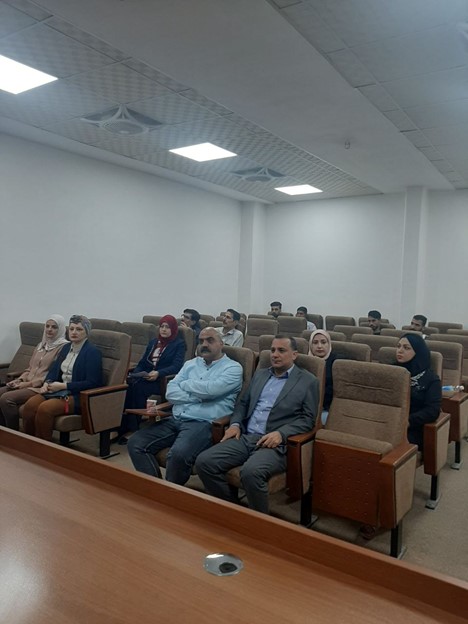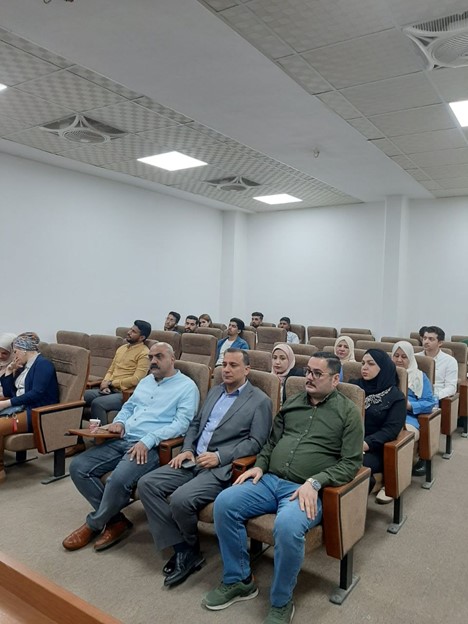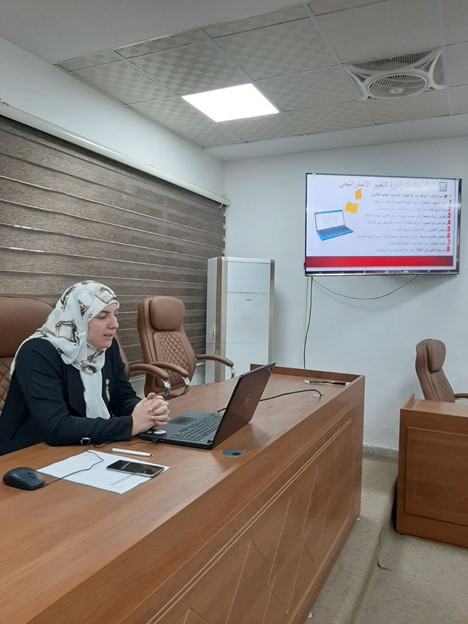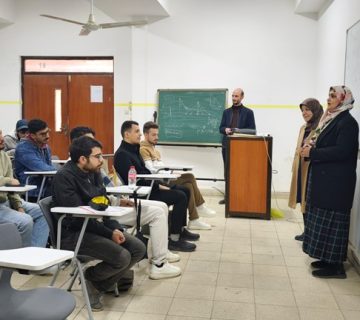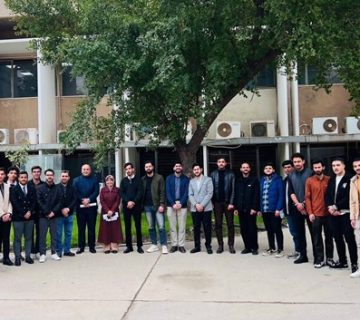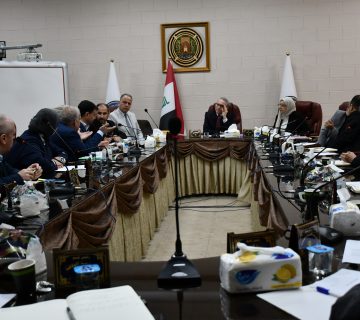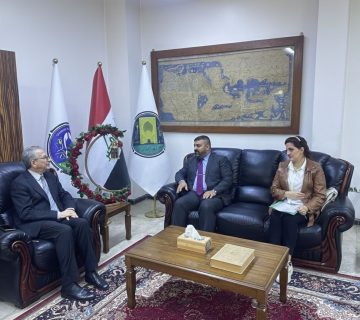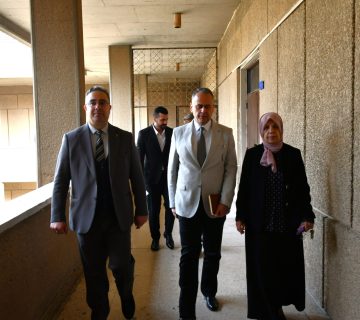Under the esteemed patronage of the Dean of the College of Engineering and the supervision of Dr. Anmar Hameed Ali, Head of the Aviation Engineering Department, two specialized workshops were held in collaboration with the Training, Employment, and Monitoring Unit.
The first workshop, titled “Strategic Change and Its Importance in Organizational Work”, was delivered by Dr. Samara Munim Naeem. This session emphasized the pivotal role of strategic change in advancing higher education institutions, particularly in the domains of research and development. The workshop addressed the various challenges facing this sector and underscored the necessity of adapting to academic, scientific, and technological developments to ensure the quality and sustainability of research outputs.
Dr. Samara introduced John Kotter’s eight-stage model for change as the foundational framework, elaborating on how each stage can be effectively applied within the higher education context. The presentation highlighted how strategic change, guided by this model, can stimulate organizational development, improve research quality, foster innovation, and enhance the global competitiveness of academic institutions.
The second workshop, titled “Leadership and Its Role in Enhancing Participation in Decision-Making”, was presented by Dr. Rana Mawlood Shakir. This session focused on the critical role of leadership in fostering active participation in organizational decision-making processes. Key topics included the impact of transparent leadership on creating an inclusive work environment, the role of leadership in empowering and motivating teams, and the development of essential leadership skills to encourage meaningful participation.
Dr. Rana also explored practical approaches to stimulating involvement, such as conducting collaborative sessions, and emphasized building a participatory decision-making culture to achieve institutional goals and long-term success.
These workshops represent a significant step in enriching the professional development of faculty and staff, while contributing to the broader goals of institutional excellence and sustainability

